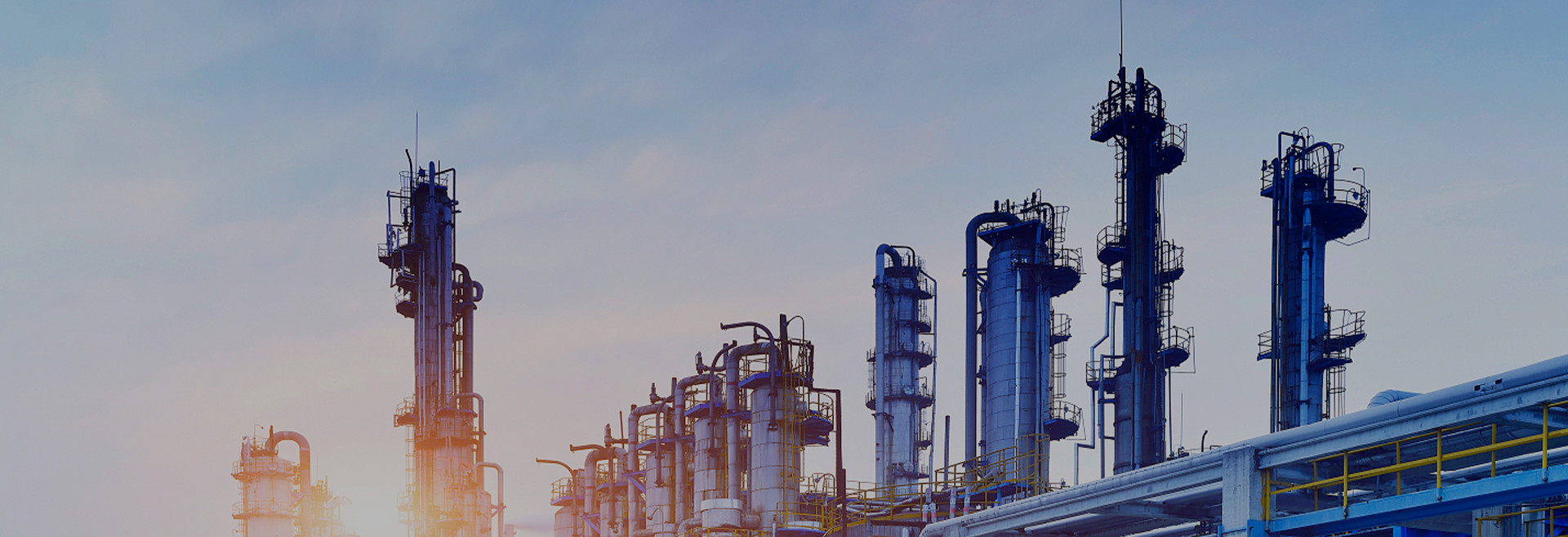Airbus, the world’s second-largest aircraft maker, announced plans for three different zero-emission hydrogen planes last year and said they would be in service by 2035. Meanwhile, California startup ZeroAvia has a six-seat hydrogen-fueled test plane. Last year, he took off for the first time at Cranfield Airport; this April, it crashed on a field. There’s no denying that the company could become the Tesla of the sky. Christian Bauer of the Paul Scherrer Institute, a Swiss engineering research center, says: “Without hydrogen, it would be almost impossible to significantly reduce carbon dioxide emissions, and we will see significant progress in the hydrogen industry in the next decade.”
Other deals between potential suppliers and large markets are also on the rise. Denmark’s Vosch Energy has signed a deal with the Maersk Group (the world’s largest shipping company) and Scandinavian Airlines to produce green hydrogen for buses and trucks in Copenhagen from 2023, and then for ships and airplanes.
Will this happen? Skeptics say that creating a global supply chain for hydrogen production and transportation is too cumbersome and inefficient, especially if the infrastructure needs to be rebuilt from scratch. Statistically, about 2/3 of the energy is lost.
The energy loss will occur on the supply side, in the production process of hydrogen fuel, and on the demand side, but hydrogen fuel can be used for long-distance freight transportation,” says Roman Sacchi of the Paul Scherrer Institute.
Farko Uckett of the Potsdam Institute for Climate Impact Research says the availability of hydrogen is uncertain and cannot replace fossil fuels to a large extent, e.g. for cars or house heating. Instead, the world should prioritize their indispensable use as a low-carbon energy source, such as eliminating the most difficult 10% of CO2 emissions.
He also warned that increased demand for hydrogen in areas such as building heating could give way to cheap blue hydrogen and lead to “fossil fuel lock-in”, which would jeopardize the achievement of climate goals.
Hydrogen fuels as a universal climate solution may be a false promise, said Uckelt: “Despite their wide range of applications, hydrogen cannot be expected to replace fossil fuels to a large extent.” .
Brad, a researcher at ABB Switzerland, states in his white paper on the hydrogen economy that “the hydrogen economy can only be established if it is actively feasible, otherwise better solutions will conquer the market. Infrastructure exists for almost all synthetic liquid hydrocarbons and hydrogen requires a new distribution network.” Hydrogen fuel is likely to be scarce and will not be competitive for at least the next decade.
Post time: Dec-19-2023

